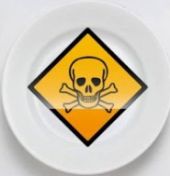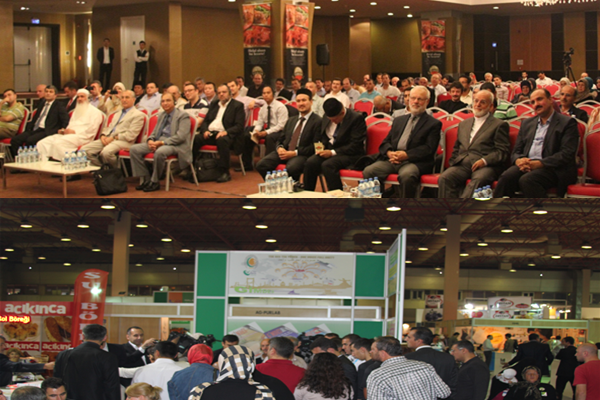Sodium nitrite and nitrate
Many side effects are related to the consumption of sodium nitrite and nitrate such as:
1- Methaemoglobinaemia:
When nitrite is present, haemoglobin (Hb) can be converted to methaemoglobin (metHb), which cannot carry oxygen.
2- Reducing the bioavailability of vitamin A, the B-group vitamins, iodine and protein.
3- Carcinogenicity:
Sodium nitrite and nitrate react with amino acids to form cancer-causing chemicals called nitrosamines
Which causes many kind of cancer such as stomach, oesophagus and bladder cancer
Monosodium glutamate (MSG)
Monosodium glutamate is a flavor enhancing food additive used widely in processed food such as meat, soup, sauces, canned vegetable etc….. and related to many harmful effects such as:
Several studies indicate that monosodium glutamate is neurotoxic in mice when administrated systemically. In the brain, glutamate serves as a neurotransmitter. Neurotransmitters are stored in nerve endings and are used by nerve cells to inhibit or excite other nerve cells or target cells, such as muscle or endocrine cells.
1-High levels cause damage to areas of brain unprotected by the blood–brain barrier and that a variety of chronic diseases can arise out of this neurotoxicity.
2-Consumption of MSG at doses within the ADI may promote hepatic and renal injuries
3-MSG-induced brain damage and endocrine disorders
4- Play central role in Parkinson’s disease
5-acts as a cofactor or an aggravating factor for other neurodegenerative diseases, e.g. Alzheimer’s, amyotrophic lateral sclerosis and Huntington’s Chorea
6-Blood Pressure – may create taurine deficiency – calcium channels stay open – causing high blood pressure
7-Headaches: Glutamate is vasoactive – it changes the diameter of the blood vessels – one reason why it may cause headaches.
8-Nausea, Dizziness, Rapid or irregular heartbeat, Flushing or excessive sweating, Skin rash, Numbness, Lethargy or sleepiness
Carmine
Carmine is a pigment of a bright-red color obtained Some powdered scale insect bodies.
The opinion of most Islamic scholars in most Islamic mazhabs considered eating of insects as suspicious. (these are Shafii, Hanbali, Hanafi and some Maleki scientists).







